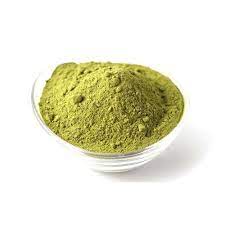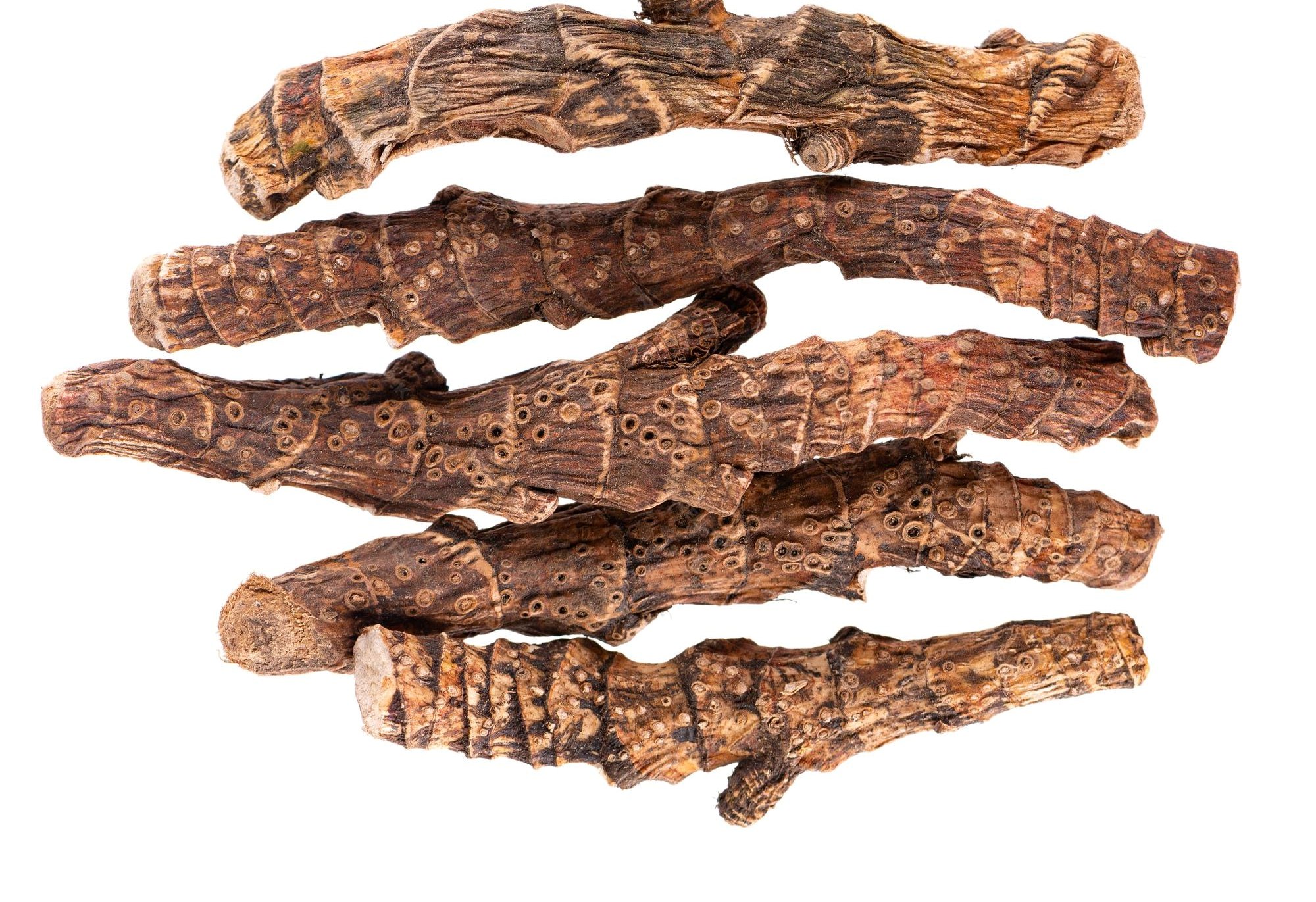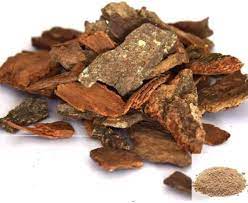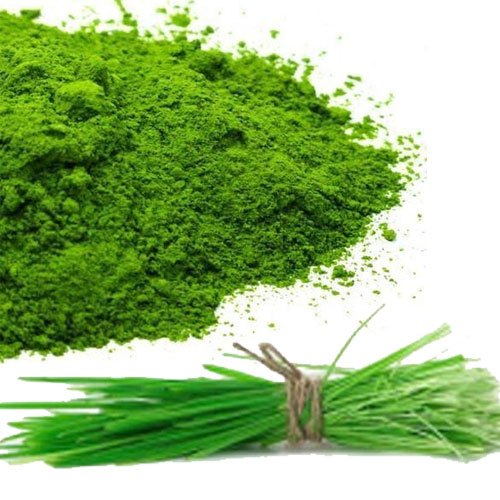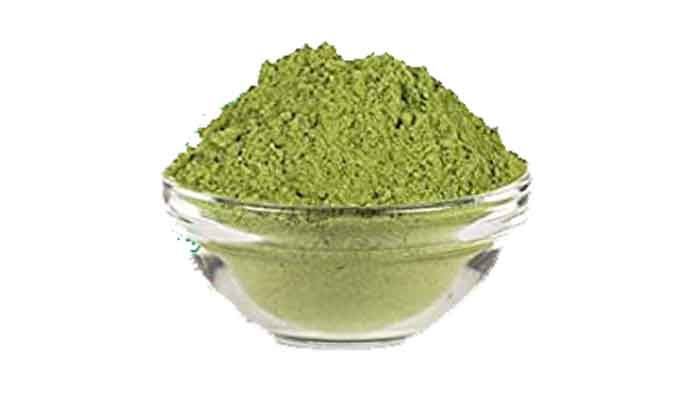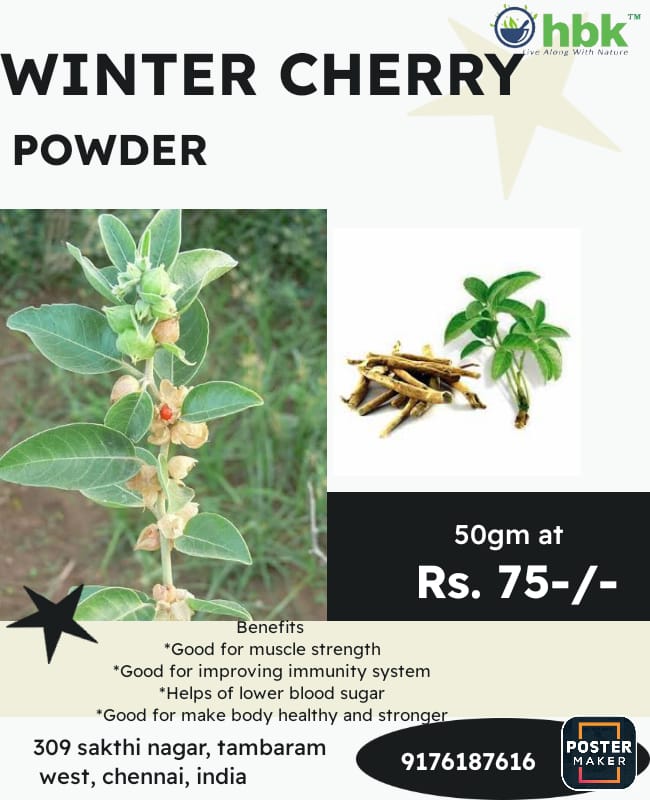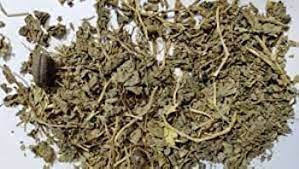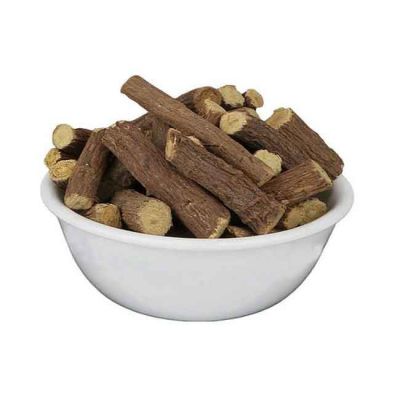"Noni Juice and Athletic Performance: Can it Enhance Endurance and Recovery?"
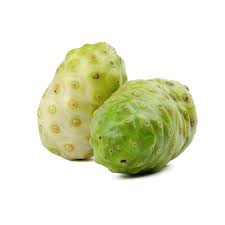
Noni juice, derived from the fruit of the Morinda citrifolia tree, has been traditionally used for its various health benefits. Recently, it has garnered attention in the athletic community for its potential to enhance endurance and recovery. But does the science back up these claims? Let’s explore the potential benefits of noni juice for athletes.
Potential Benefits for Endurance
-
Increased Energy Levels: Some athletes report feeling more energetic after consuming noni juice. This could be due to the presence of various antioxidants and vitamins that support overall energy metabolism. However, these effects are largely anecdotal, and more research is needed to confirm these claims scientifically.
-
Improved Oxygen Utilization: Preliminary studies suggest that noni juice may improve oxygen uptake in the body, which is crucial for endurance athletes. Improved oxygen utilization can enhance stamina and reduce fatigue during prolonged physical activities.
-
Anti-Fatigue Properties: Noni juice contains natural compounds that may help combat fatigue. One study found that noni juice could reduce the buildup of lactic acid in muscles, which is a primary cause of fatigue during intense exercise. By delaying the onset of fatigue, noni juice might help athletes maintain performance for longer periods.
Potential Benefits for Recovery
-
Anti-Inflammatory Effects: Exercise, especially intense or prolonged activities, can lead to inflammation and muscle soreness. Noni juice is rich in antioxidants, such as vitamin C and flavonoids, which have anti-inflammatory properties. These compounds may help reduce inflammation and speed up recovery after exercise.
-
Immune System Support: Intense physical activity can temporarily weaken the immune system, making athletes more susceptible to infections. Noni juice is believed to boost the immune system due to its high antioxidant content. A stronger immune system can help athletes recover faster and stay healthy.
-
Pain Relief: Some studies suggest that noni juice has analgesic properties, potentially helping to reduce pain and discomfort associated with muscle soreness and injuries. This natural pain relief can be particularly beneficial for athletes during their recovery phase.
Scientific Evidence and Limitations
While the potential benefits of noni juice for athletic performance and recovery are promising, it’s important to note that the scientific evidence is still limited. Most of the studies conducted so far are small-scale and preliminary. More extensive, well-designed clinical trials are needed to confirm the efficacy of noni juice for enhancing athletic performance and recovery.
Practical Considerations
-
Dosage and Timing: There is no standardized dosage for noni juice, but athletes interested in trying it should start with small amounts and monitor their body’s response. Consuming noni juice before workouts might help with endurance, while drinking it post-exercise could aid in recovery.
-
Quality of the Juice: Not all noni juices are created equal. To maximize the potential benefits, choose high-quality, organic noni juice with no added sugars or artificial ingredients.
-
Consulting with a Healthcare Professional: Before adding noni juice to your routine, it’s essential to consult with a healthcare professional, especially if you have any underlying health conditions or are taking other supplements or medications.
Conclusion
Noni juice holds potential as a natural supplement to enhance endurance and recovery for athletes. Its anti-inflammatory, anti-fatigue, and immune-boosting properties could offer benefits. However, due to the limited scientific evidence, it should be used as a complementary aid rather than a primary solution. Always consult with a healthcare provider before making significant changes to your diet or supplement regimen.
Click here



